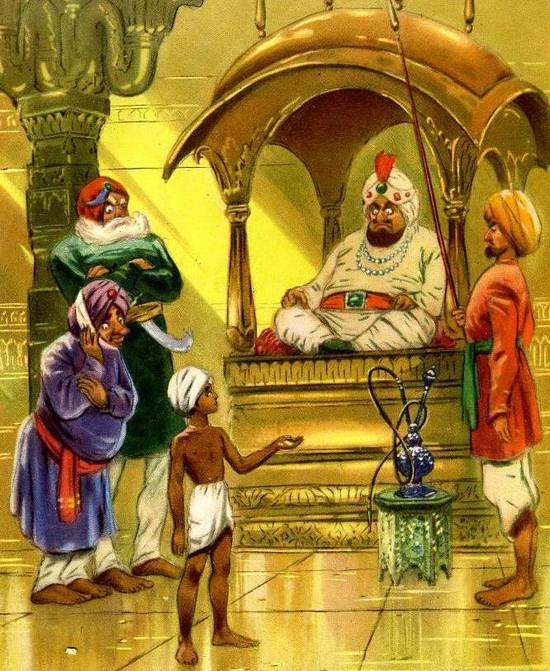When you think of powerful mathematical tools, you might immediately think of supercomputers that can execute trillions of calculations a second. But we might never have understood the math necessary to make these machines if it wasn’t for a more basic tool: our decimal number system. Known today as the Arabic numerical system, our numbers actually come from India. Unlike the Roman numeral system, which used letters for numbers and had no zero, the Indian system used 10 special characters, including a dot that was called “sunia,” the Indian word for “nothing.” This dot was eventually replaced by a small circle—which became our zero. We don’t know the name of the Indian mathematician who first started using this ten-digit system. But it is likely that this system was invented at the beginning of the first century of our era—nearly two thousand years ago!
Imagine a crowd gathering in a city square. There is a festive mood and people are loudly cheering… What’s going on here? Is there a street performance or sporting event?
Believe or not, in Ancient India people would gather to watch mathematicians compete at solving math problems. The winners would become celebrities, and poets would write odes in their honor, like this piece of ancient Indian poetry: “Just as the sun outshines the stars, the math wizard eclipses others by solving mathematical problems in public.”
Such a culture could not have failed to produce great advancements in mathematics. In addition to inventing the decimal system, Indians mathematicians took arithmetic and algebra far beyond the level of the ancient Greeks.
Here’s a challenge from ancient India for you to try. Send us your solution. One lucky math wiz will have their picture featured on our website! Sorry, but the prize does not include a custom poem!
A poor boy once said to a rich man: If you give me 100 rupees (Indian currency since ancient times) I will become twice as rich as you. The rich man replied: But if you give me only 10 rupees, I will be six times richer than you. How much money did each of them have?

